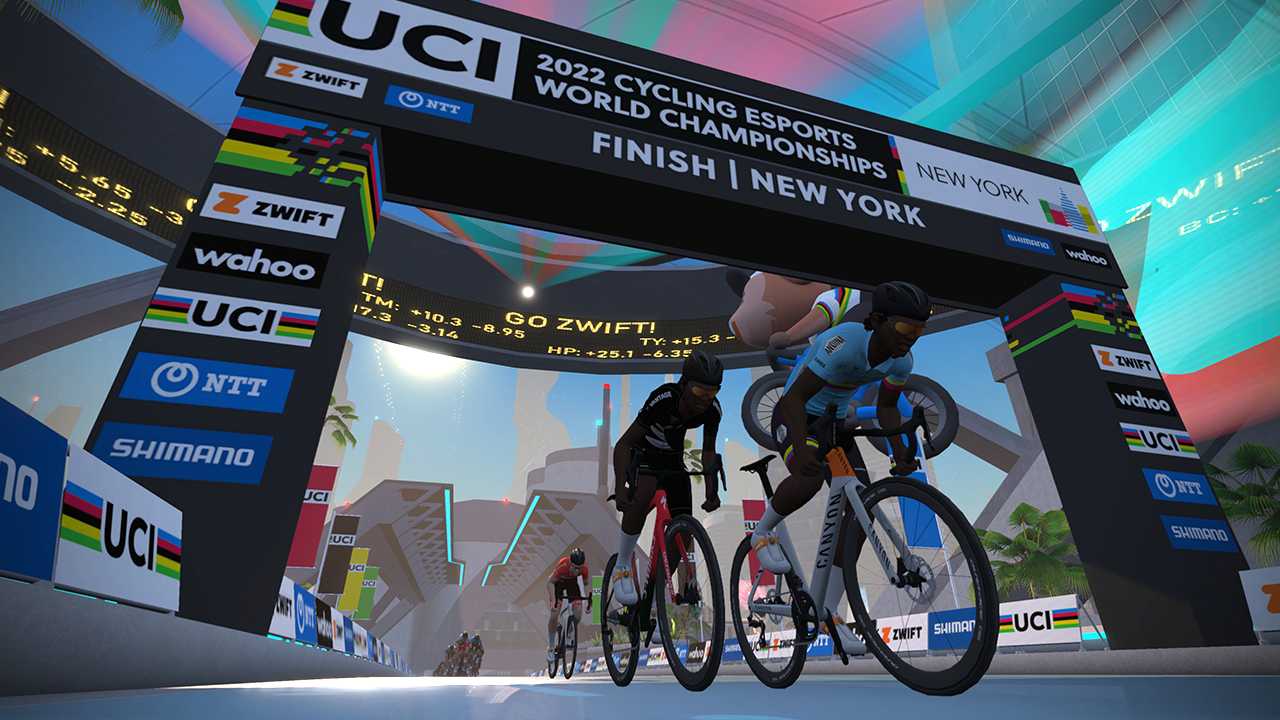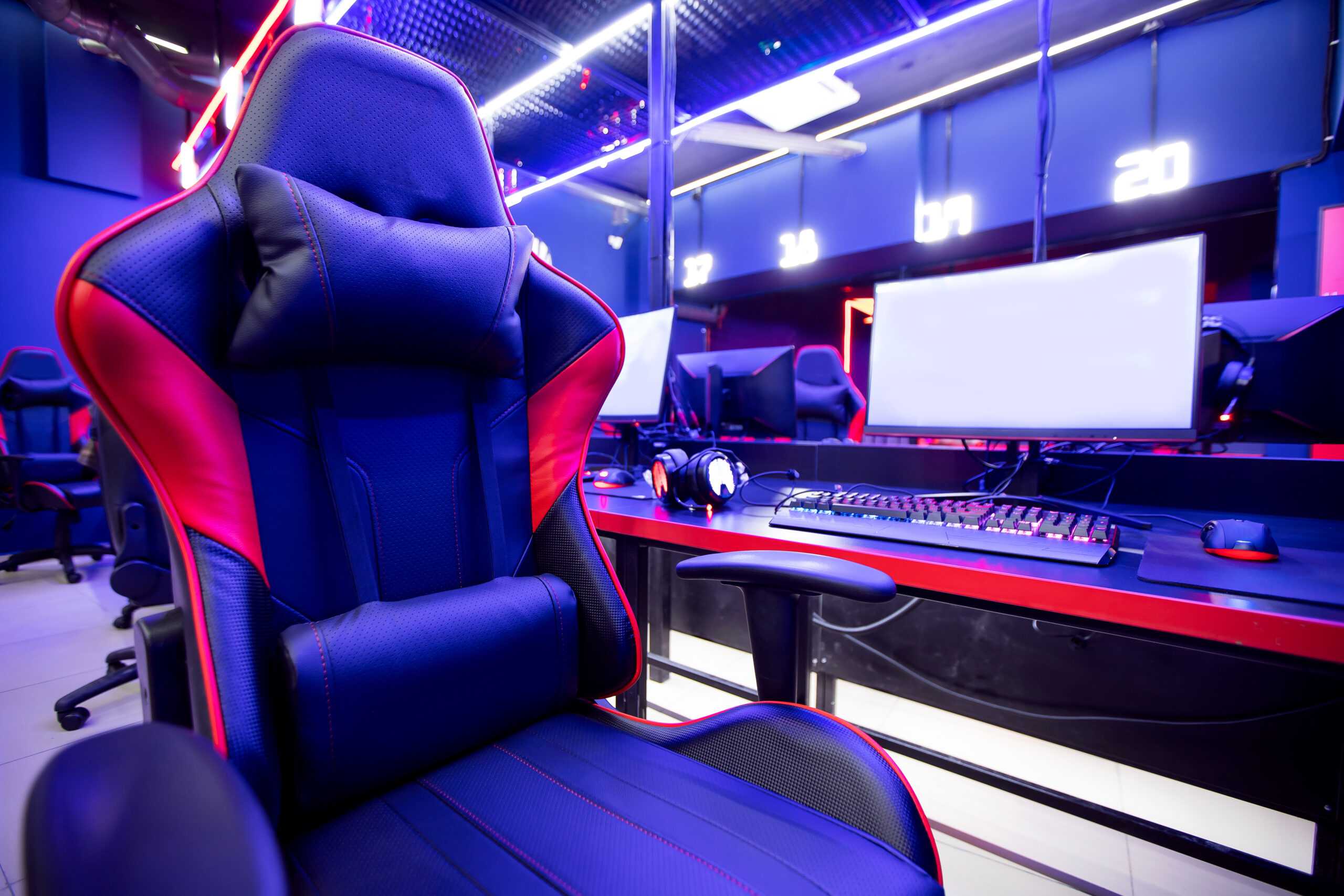As a company that already links virtual and physical elements through a virtual world, indoor cycling app Zwift is well prepared for the emergence of the so-called metaverse. Zwift utilizes stationary indoor bikes to enable cyclists to train and compete in virtual environments. The company recently held a new esports event in a virtual New York City, which gave 180 athletes a chance to compete in the 2022 UCI Cycling Esports World Championships. Zwift previously held a virtual Tour de France in the summer of 2020.
The NYC event, broadcast on Eurosport in Europe and on GCN+ and Zwift’s YouTube channel around the world, blended physical ability with gaming skills, as it incorporated gamified elements like PowerUps that participants could use at strategic times to temporarily increase the draft effect, improve their aerodynamics, or lower their bike’s weight.
Gamification of fitness experiences and products is not a new trend, but as more of the world and big brands look to build up a digital presence and attract younger users, it makes a lot of sense. Peloton, for example, which saw immense success at the height of the pandemic, has been struggling to retain users more recently and decided to launch a new video game-style Lanebreak mode for its line of exercise bikes. The mode involves pedaling to power a virtual wheel to roll to the beat and hit targets (rhythm meets exercise, a bit like VR game Beat Saber). Peloton intends to expand with more modes and is exploring other platforms as well.
For Zwift, Peloton, and other cycling companies, there’s a real opportunity to leverage the growing esports market. Not only do many esports pros train physically like traditional sports athletes (despite the relatively sedentary nature of gaming), but esports viewers also tend to be more active when it comes to cycling participation.
According to Interpret’s New Media Measure®, while there was a year-over-year dip in the general population that participates in cycling at least once every two weeks, participation in cycling among esports viewers grew from 19% to 21% over the same 12-month period.






